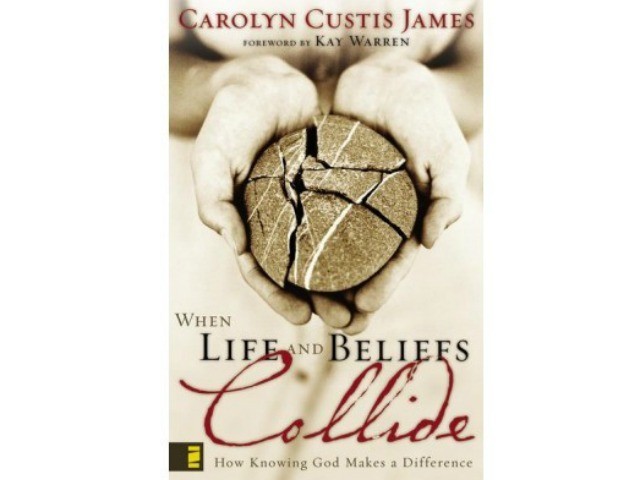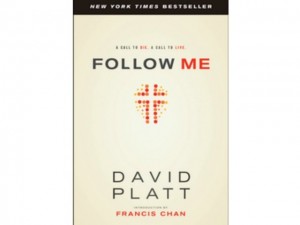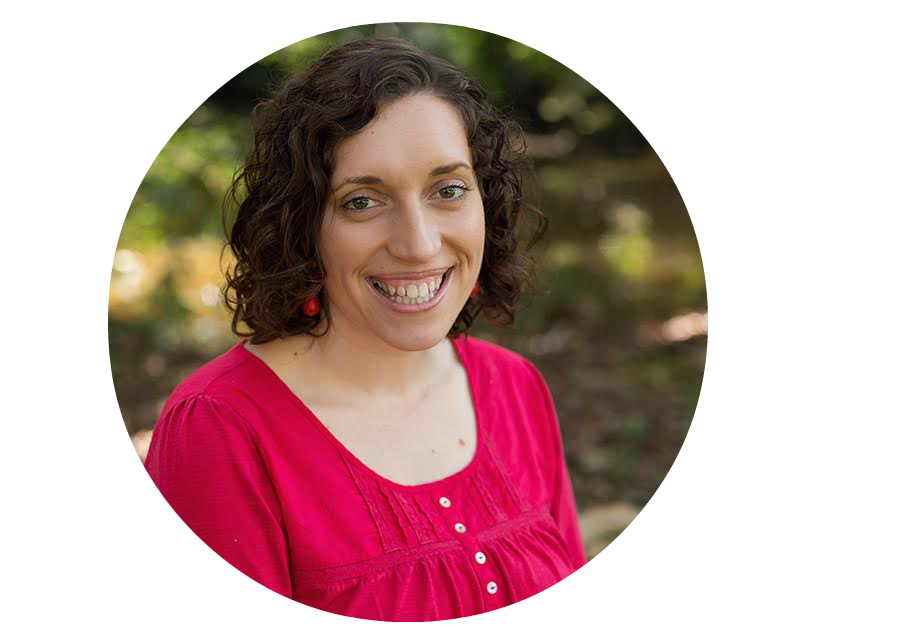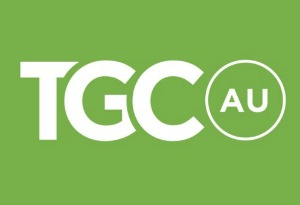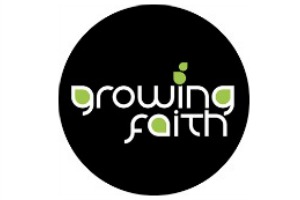When Life and Beliefs Collide: How Knowing God Makes a Difference is written by Carolyn Custis James (Zondervan:2001). While the book is now 14 years old, I found aspects of it extremely relevant and encouraging. It had an easy to read style and structure that enhanced the readability of the book. James writes beautifully- her language is rich and made me really savour her words. She communicates easily and in a personal style and shares herself in her writing. James’ thesis is one that is already a passion of mine: theology for women is a topic that needs great attention and focus. After reading this book, my passion for women and theology deepened; it is vital that both men and women delve into theology for our understanding of who God is and relationship with Him becomes needed on life’s mountaintops, on the battlegrounds and all of life’s moments in between. James clearly argues her case and urges women to stop allowing excuses to prevent them from learning more about who God is and His Word. When we have a growing theology and are intentional in this, we become more able to support those around us and be the helpers we were created to be.
As I read the book though, it became apparent that James and I differ on the way we approach the Bible. James weaves the story of Mary and Martha throughout the book and this story is really what her thesis is based on. James argues that Mary and Martha are Biblical examples of female theologians, and even goes so far as to claim that Mary was the Bible’s first theologian, proclaiming and understanding the gospel before Jesus died. The problem I have with creating character studies of people in the Bible is that often it is tempting to ‘flesh out’ or embellish the stories and this is what James unfortunately does. When a writer uses historical evidence to support and help our understanding of Bible characters and particular stories, this can be extremely helpful in bringing the characters alive, helping us understand more of the truth of God’s Word. However, when a writer starts explaining what a character is thinking or feeling, or joins dots that aren’t written in the Bible, it becomes embellishment and outside the scope of God’s Word. We need to be cautious when reading texts that do this, particularly when they are written as non-fiction. For this reason, I found I needed to read this book with the Bible close by, in order to recognise what was actually written in the Biblical narrative, and what James was using to ‘enhance’ the story.
I found James’ argument that Mary and Martha show two sides of what women should be (theological thinkers and reflective students like Mary, and then practical servers like Martha) helpful. So often we hear these two sisters used as a way of defining ourselves- are you a Mary or a Martha? Instead, we should see that Jesus calls Martha to recognise taking time with Him is the ‘better portion’ and what is most needed, yet does not correct her desire for serving others. Theology must be lived out and this is seen through Mary and Martha together.
James has included a theologically-rich reading list at the end of her book, including many books that are currently on my reading list ( including “Systematic Theology” by Wayne Grudem and “Knowing God” by J.I. Packer). She has a strong source of references, particularly when she writes about the need for sound theology in women. Her references however become a little light-on when developing her character studies.
I believe this book should be read with caution. I decided to take on board the encouragement from her personal stories and anecdotes and be spurred on through her admonition and encouragement for women to pursue sound theology for themselves. I did find her character studies to weaken her overall theological standing, and this was a point of frustration for me. Towards the end of the book, James also takes on a slightly feministic tone and emphasis- particularly that which seems to be egalitarian in nature (men and women are equal in role and duty ie. women may preach and be elders), which I also had some issues with. I do not think theology for women ever needs to be at the expense or the undermining of men and at times I felt this was coming through in James’ writing.
Overall, a book that provided insight into theology for women and women’s ministry within the church, yet one that I would not recommend without a disclosure: read with care.
Image courtesy of Zondervan.
